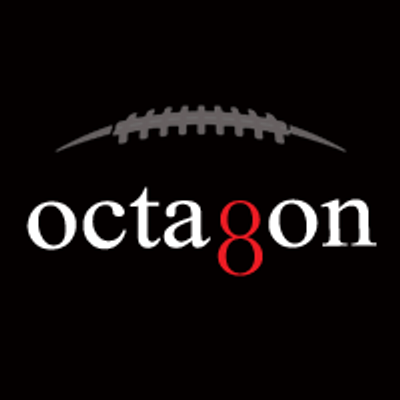CJ LaBoy and Doug Hendrickson served as sports agents for Octagon. Both signed agreements with NFL players to serve as the players’ representatives in contract negotiations with NFL teams. In exchange, the players agreed to provide the sports agents with a percentage of the negotiated contract. In turn, Plaintiffs agreed to provide this fee to Octagon in exchange for which Octagon compensated the sports agents through regular salary and bonus wage payments.
To protect Octagon from the potential that Hendrickson or LaBoy might suddenly quit and take all of their clients with them, all parties signed agreements containing a fee tail provision. This provision ensures that agents keep their clients, but continue to provide a portion of the fees back to Octagon for a limited time period, and in a decreasing percentage. The provision only applies to clients acquired by their position and access with Octagon.
The Plaintiffs commenced this lawsuit when they left Octagon and began employment with Relativity Sports. They seek to challenge the enforceability of the fee tail provision. In response to the challenge, Octagon filed a counter suit against the Plaintiffs and Relativity seeking to enforce the fee tail provision.
Hunton & Williams LLP represents both LaBoy and Relativity in this legal matter. Octagon has claimed that this dual representation creates a harmful conflict of interest. The California rules state that an attorney cannot, without consent from each client, represent more than one client where interests potentially or actually conflict.
Octagon argues that even if Hunton & Williams has the consent of each client, Hunton & Williams should not be allowed to represent both LaBoy and Relativity. Octagon is allowed to object to Hunton & Williams’ representation if Octagon can show that the current situation impact’s Octagon’s ability to receive a “just and lawful” verdict.
Octagon has asserted three separate instances in which this prejudice has already occurred. First, Octagon sent requests for production of documents and discovery. Nearly a month after the initial request, Hunton & Williams did not provide any documents and submitted objections without explanations. Next, Hunton & Williams failed to revise and approve a protective order that set forth the timeline for document production. Lastly, Hunton & Williams delayed depositions for Relativity and refused to provide alternative dates. Thus far, Hunton & Williams’ actions have created prejudice towards Octagon. The delays and lack of cooperation has cost Octagon time and money from attempting to get Hunton & Williams to comply with necessary pre-trial procedures.
In the long-term, this can lead to a prolonged trial. At the most, it can lead to deficiencies in the proceeding resulting in a post-judgment motion to vacate which means the process with start again. If Octagon can show that these situations arose directly from dual representation, Octagon stands a chance in disqualifying Hunton & Williams.

